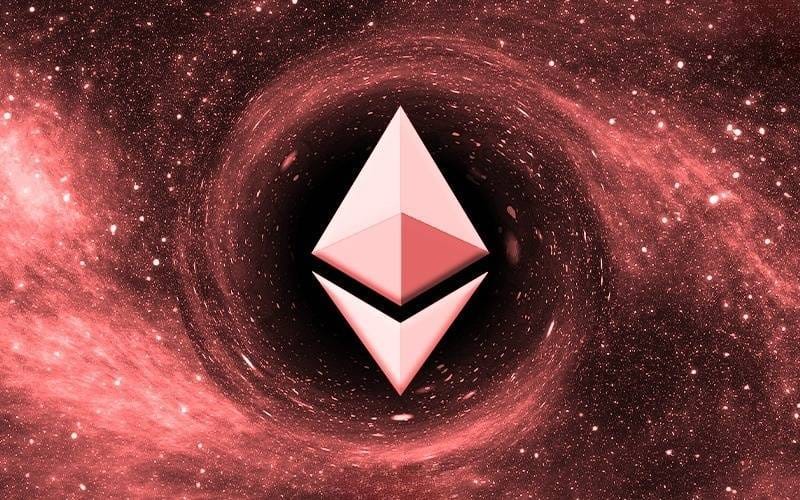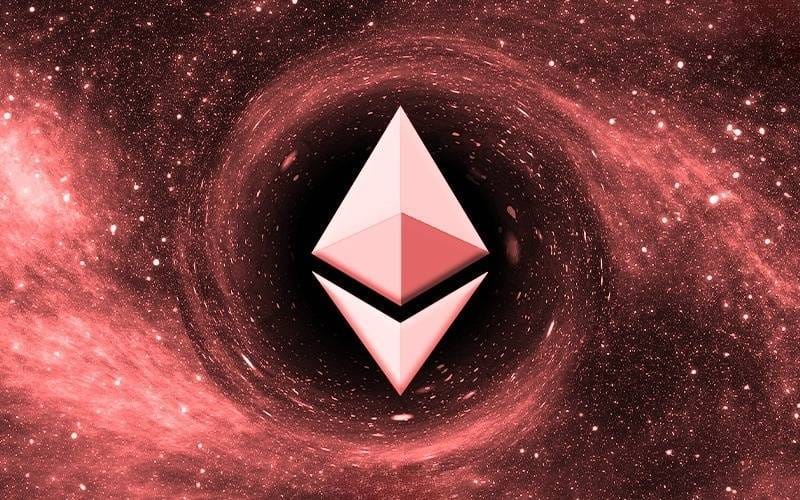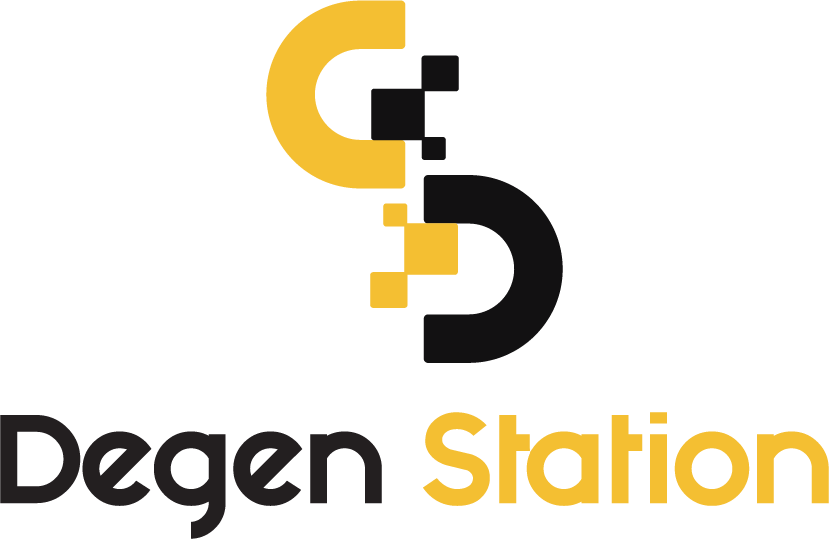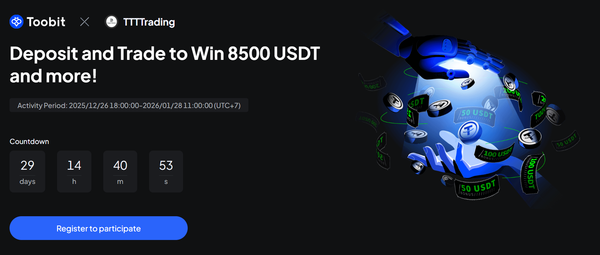Ethereum Integrates PeerDAS Solution into Pectra Upgrade

Following the Ethereum Core Devs (ECD) meeting on the morning of June 7th, the Ethereum development team officially integrated the PeerDAS feature into the Pectra upgrade.

Ethereum Integrates PeerDAS Solution into Pectra Upgrade
The main topics of this morning's ECD meeting centered around the integration of Object-Oriented Format (EOF) support for Ethereum and the inclusion of new EIP (Ethereum Improvement Proposals) changes.
TL;DR screenshot: pic.twitter.com/hMphUbW0ZP
— timbeiko.eth (@TimBeiko) June 6, 2024
Key Meeting Highlights:
EOF Support: The changes supporting Object-Oriented Format will be implemented through EIP-7692, incorporating multiple sub-proposals. This proposal aims to model and establish validation communication standards within Ethereum's infrastructure. This is considered one of the urgent priorities emphasized by Ethereum's Core Devs team.
EOF Concerns: There were some concerns that EOF might dilute the focus of the current Pectra changes, with suggestions to separate these changes for gradual integration.
.@EFJavaScript, while also supportive of EOF, feared it would expand Pectra's scope too much and proposed splitting it out from the rest of Pectra in its own fork (potentially shipping with PeerDAS on the CL side)https://t.co/Uu5KO6PgFK
— timbeiko.eth (@TimBeiko) June 6, 2024
Other EIP Proposals: Apart from EOF-related changes, the Core Devs announced standalone EIPs to be integrated into Pectra.

- Previously Included EIPs: Notable EIPs included in previous meetings are:
- EIP-7215: Proposes raising the ETH staking limit.
- EIP-7702: Introduced by Vitalik to replace EIP-3074, aimed at improving the wallet experience.
CL EIPS CONFIRMED FOR ELECTRA:
— Christine Kim (@christine_dkim) June 6, 2024
- EIP 6110
- EIP 7002
- EIP 7251
- EIP 7549
- PeerDAS (not incl. in the chart below b/c technically it doesn't require a hard fork, if it does end up being ready, they'll also change the blob count and that will have to be a new EIP) pic.twitter.com/2z0p2CNEzN
PeerDAS Integration: Although not listed among the previously community-approved EIPs, EIP-7594 (PeerDAS) was discussed. PeerDAS is a non-hardfork proposal that can be deployed directly into Pectra when software clients are ready. This proposal will increase the number of blobs per block from 3 to 64 (or even higher) using the DA Sampling mechanism, selecting sample sets to scale data availability (DA). This change is designed to meet the data reconciliation needs and ensure the data availability of Layer-2 Rollups.

According to the shared GitHub repository, three proposals are still under consideration:
- EIP-7212: Proposes a transition in encryption mechanisms to simplify signing and validation experiences in wallets.
- EIP-7547: Aims to reduce the reliance on centralized Sequencers in Layer-2.
- EIP-7623: Proposes increasing Calldata costs after EIP-4844's implementation to support blob functionality.
These integrations signify Ethereum's ongoing efforts to enhance its infrastructure, improve user experiences, and ensure robust data availability for Layer-2 solutions.





